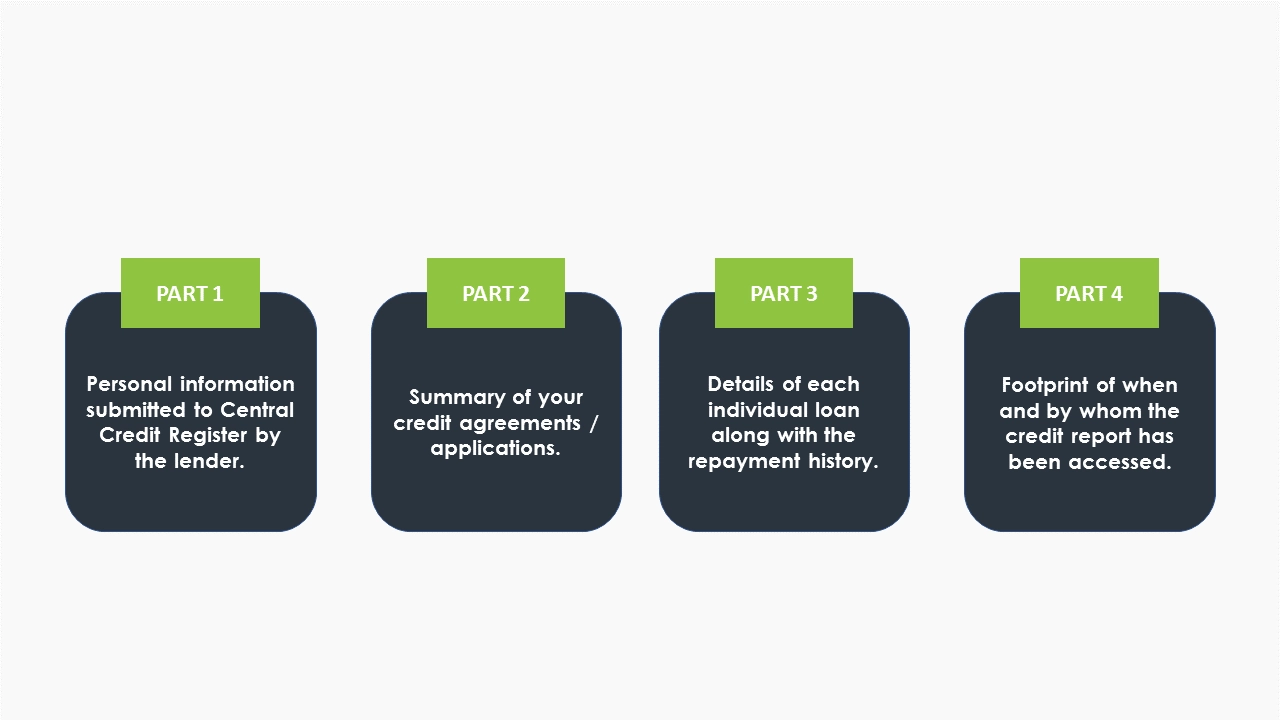
Significance of Credit check
 31 Aug, 2023
31 Aug, 2023
THE SIGNIFICANCE OF BUSINESS CREDIT CHECK
When carrying out a business, it is not only important to maintain your credit score but also be mindful of checking the credit score of any business with whom you are intending to have a long-term relationship. Knowing the creditworthiness of your business partners, clients and suppliers helps you to avoid costly bad debts later on and gives your business a competitive edge while helping you manage a strong financial position and optimize your business’s liquidity.
It is specifically essential for companies relevant to certain industries, such as financial services, to carry out due diligence of their customers and are subject to additional regulations when it comes to credit checks. For example, financial institutions are required to conduct credit checks on borrower before approving loan applications for €2,000 or more.
In this guide, we explain the benefits of assessing the creditworthiness before proceeding with any business agreements with your client. We will also explain some useful tips to keep your business’s credit report on track. Let us first take a look at where you can find the credit report for businesses in Ireland.
Central Credit Register
Established by the Central Bank of Ireland under the provisions of the Credit Reporting Act 2013, the Central Credit Register is a database that stores personal and credit information on loans of €500 or more. The Central Credit Register works in collaboration with the Central Bank and ensures to facilitate its obligations and functions, such as supervision of the financial sector, consumer protection and maintenance of financial stability.
A borrower or lender can easily request a credit report online for free by filling in the application form and providing the required documents for proof of identity, address and the PPSN.
Types of Borrowers and Lender Included on the Central Credit Register
Borrowers included on the Central Credit Register include companies, individuals, consumers, partnerships and sole traders. The lenders included on the Central Register include banks, asset finance houses, credit unions, local authorities and licensed moneylenders.
The records on the Central Credit Register equip the borrowers with the information about their financial profile and provide the lenders with a quick analysis of the creditworthiness of the borrowers. It also enables the Central Bank of Ireland to obtain improved insights into the financial markets of the country.
What does the Credit Report Include?
The Central Credit Register does not grade or score a business’s credit report but provides useful information for the businesses or lenders to make financial decisions. The credit report is divided into four parts:

Benefits of Assessing the Company Credit Report
- Risk Management: A credit check can help companies manage financial risk by providing insight into a potential customer or client’s credit history and financial stability. This information can help companies assess the likelihood of a customer or client defaulting on payments or going bankrupt.
- Improved Cash Flow: Credit checks can help companies avoid late or non-payment from customers, which can have a significant impact on cash flow. By identifying potential credit risks, companies can take steps to mitigate the risk of late or non-payment, such as requesting upfront payment or negotiating different payment terms.
- More Informed Business Decisions: Credit checks can also provide valuable insight into the financial health of a potential partner or supplier. By evaluating the creditworthiness of these parties, companies can make more informed decisions about entering into business relationships and partnerships.
- Compliance with Regulations: In some cases, credit checks may be required by law or regulations in Ireland. For example, financial institutions are required to conduct credit checks on individuals and companies before extending loans or credit.
- Avoid Dealing with Fraudulent Businesses: Small businesses are more prone to business frauds and business scams. In such cases, it is especially important to determine the financial standing and trustworthiness of the clients.
How to Maintain a Positive Credit Report for Your Business?
While, it is important to assess the credit worthiness of your client, it can be easy to overlook the credit worthiness of your own business. In order to maintain a strong credit report that portrays a positive picture of the financial health of your business, it is crucial to maintain a clean payment history by ensuring timely repayments of any credit commitments or loans that the business owes. This not only involves keeping a track of the repayment dates but also maintaining sufficient funds to settle the instalments on time. Continuous late payments recorded in the Central Credit Register will signify inadequacy of required funds and therefore will lead to a refusal of loan application from the lender or rejection of a business proposal with a prospective partner.
Way Forward
It is essential to consistently monitor the financial strength of your clients, supplier or business partners. Not only should you carry out a credit check when commencing a business relationship but it is advisable to regularly obtain the credit information, ideally once a year in order to take necessary actions to safeguard your position should the circumstances become adverse.
get a quick quote
Post Category
- Banking (1)
- Company Formation (3)
- Guides (6)
- Uncategorized (28)

